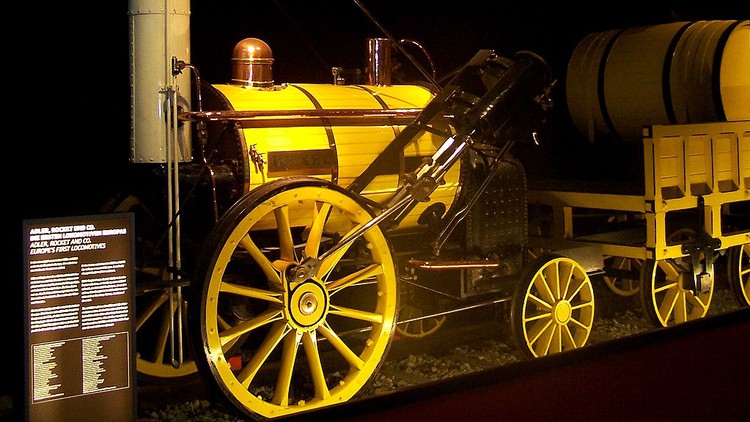
A brief history of steam power from the early pumping engines to steam railways to the steam turbine
What you will learn
Early developments in steam power
The difference between low pressure and high pressure steam
The development of steam locomotion
The early pioneers of steam power and steam railways
The development of the steam turbine
Description
That steam has power has been known for centuries, but humankind has only been able to harness that power since the early 1700s. This is the story of the development of steam power from the early pumping engines, to the development of steam railways, and the introduction of the steam turbine.
In lesson 1, I look at early developments in steam power with particular focus on the inventions of Thomas Savery, Thomas Newcomen, and James Watt.
In lesson 2, I cover developments in steam locomotion with James Watt refusing to work on high pressure steam applications, but his assistant William Murdoch creating a steam carriage. Richard Trevithick built the world’s first steam locomotive and his ideas were taken forward by John Blenkinsop and William Hedley before George Stephenson created the world’s first steam powered public railways. George Stephenson and his son Robert also revolutionised steam locomotives.
In lesson 3, I discuss the period of frenzied investment and financial crash called Railway Mania, and cover the story of George Hudson who benefitted from this investment and was probably part of the cause of the crash. I also cover Isambard Kingdom Brunel and the Great Western Railway.
In lesson 4, I cover some of the important steam locomotives of the nineteenth and twentieth centuries including those of George and Robert Stephenson, Daniel Gooch and Nigel Gresley.
In lesson 5, I look at the invention of the steam turbine by Charles Parsons and its contribution to the industrial revolution. Finally, we look at the prospects for steam power in conjunction with renewal energy.
I hope you find the course interesting and enjoyable.
Content